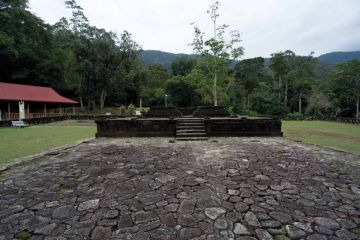
The verdict that Uttar
Pradesh Chief Minister Mayawati (aka Behenji) won in 2007 was not just an
indictment of Mulayam Singh Yadav’s rule or the anti-incumbency factor, it was
also a vote against the lawlessness and widespread thuggery prevalent in the state.
Mulayam’s government was not only anti-Dalit, it also had an anti-Brahmin tone.
His love for Kalyan Singh antagonised the minorities. It was against this
background that Behenji’s call for a “Sarvajan Samaj” and slogans like
Continue reading “Sarvajan fabric showing the strain”
Read this story with a subscription.





